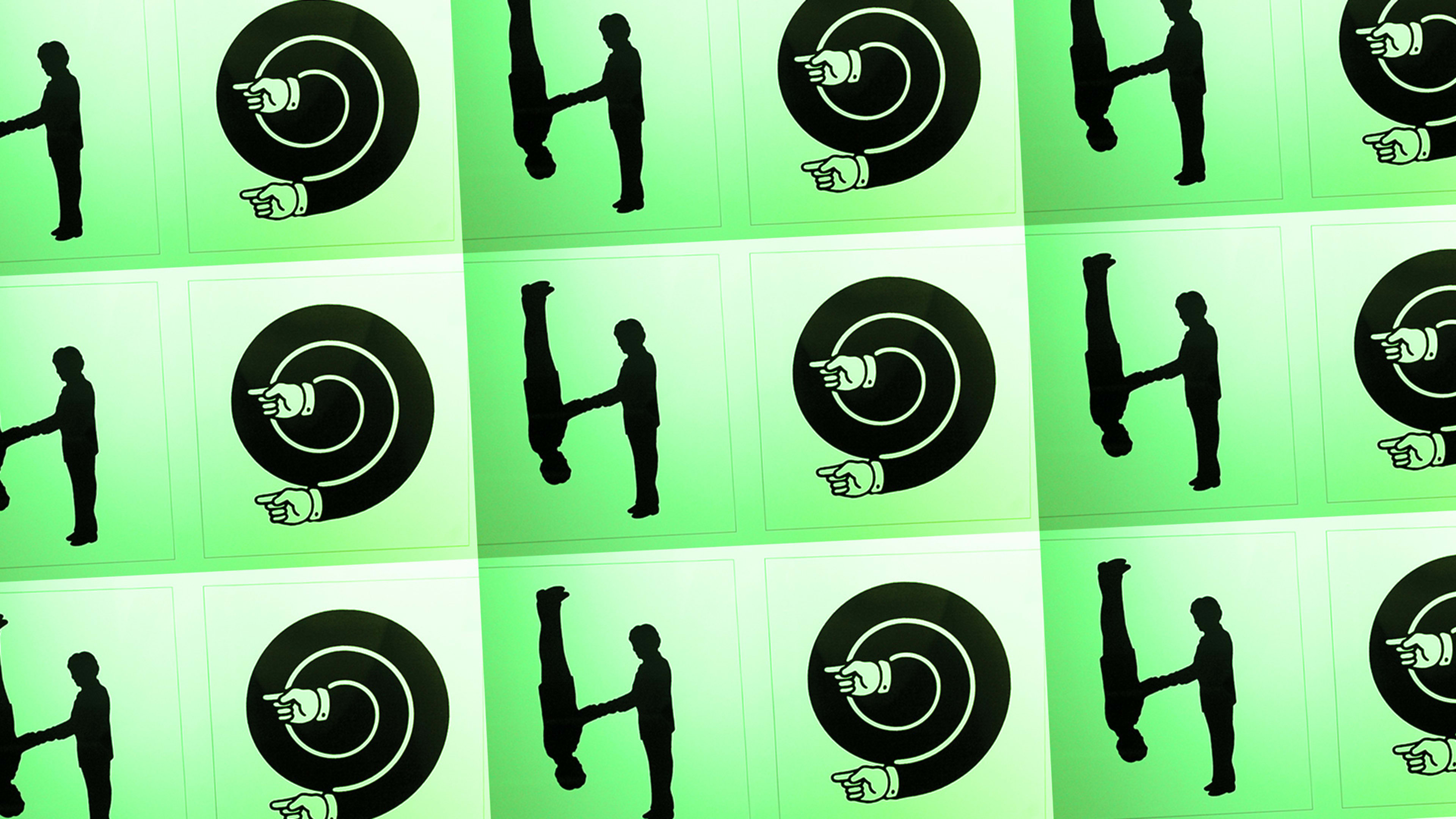Nobody likes being criticized, but it’s inevitable at work and in relationships. People have different ways of doing tasks at work, and expectations for how projects should be completed. How you interpret and react to criticism is important, says Susan Krauss Whitbourne, Ph.D., a psychology professor at the University of Massachusetts Amherst.
Whitbourne recently examined the topic for Psychology Today, and suggests five strategies to keep in mind the next time you’re being criticized.
1. Evaluate What Was Actually Said Versus Your Perception
If you already feel insecure about your presentation skills, having someone criticize them can make you extra sensitive and prone to overreaction. Take a step back and make sure you’re not projecting your own insecurities onto the criticism, Whitbourne advises. Listen to what’s being said instead of what you think you heard or was being inferred.
2. Fight the Urge to Fight Back
It’s human nature to become defensive when you feel you’re being attacked. By fighting back, not only are you invalidating the other person’s observation, you risk making things personal by criticizing the person instead of the behavior. “People tend to respond to the initial critical comments by feeling offended so they escalate their comeback, exacerbating the conflict even more,” Whitbourne explains.
3. Consider the Source
Perhaps it’s not you at all–maybe it’s the criticizer who’s insecure. “For some people criticizing others is the only way they can feel good about themselves,” Whitbourne says. If they see you happy and successful, they may try to bring you down by pointing out your shortcomings, she says. If they’re in the office next to you, you’re going to have to figure out a way to coexist. Whitbourne suggests offering them a compliment to assuage their insecurity, and consider where the criticism is coming from before getting upset.
4. Take Time For a Gut Check
Is there a kernel of truth to the criticism? For example, if a friend takes you to task for wearing dirty shoes and suggests you invest in a pair for indoor use, check to see if there’s any truth to the statement, Whitbourne says. Instead of being defensive or feeling offended, ask yourself if there’s an opportunity for you to improve, she suggests.
5. Resolve Constructively
There are two types of criticism: constructive and destructive. “In constructive criticism, you focus on the behavior, not the person,” Whitbourne says. In destructive criticism, it’s the opposite–you’re trying to take someone down.
“In any relationship, if you sense that criticism is taking a destructive turn, it’s time for you to step back,” she says. “Try to put the brakes on before the situation spirals out of control and look rationally at who’s being criticized for what–and why.”
Hat tip: Psychology Today
Recognize your brand’s excellence by applying to this year’s Brands That Matter Awards before the early-rate deadline, May 3.
